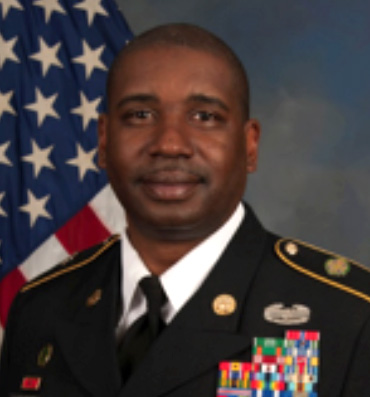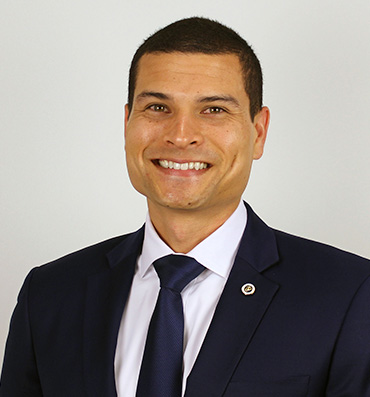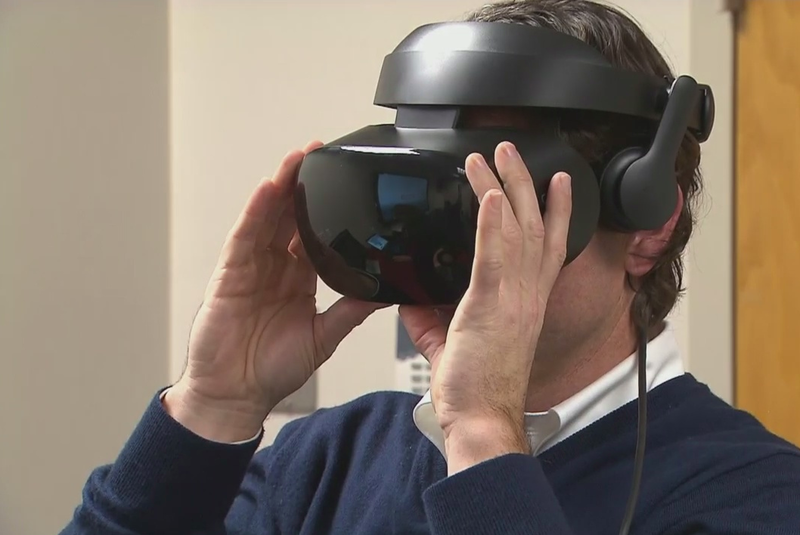
The re-emergence of the opioid epidemic and what it means for veterans
By Chris Meek
Out of the COVID-19 pandemic, an opioid epidemic in our country has re-emerged with a vengeance. Today, according to data from the Centers for Disease Control and Prevention, 220 Americans will lose their lives due to an opioid overdose.
To put the current number of deaths by opioid overdose into perspective, a report on substance use amid COVID-19 indicates that opioid overdoses in the U.S. increased by 42% in May 2020 when compared to May 2019. Data from the Department of Veterans Affairs also tells us that veterans continue to remain more susceptible to opioid overdoses.
The good news is that despite the seemingly overwhelming nature of the situation, COVID-19 has highlighted a number of key areas where there are viable policy options to address the opioid epidemic. However, addressing the epidemic will require targeting populations, particularly veterans, that are at a higher risk for overdose.
But what exactly can and should leadership do?
1. An effective method of preventing opioid overdose is to co-prescribe a drug known as naloxone with all opioid prescriptions. Naloxone has a 75-100% efficacy in blocking or reversing the fatal effects of an opioid overdose by reversing the respiration of individuals who experience extremely delayed breathing or have stopped breathing altogether due to ingesting a lethal amount of opioids.
Veterans Affairs hospitals already provide naloxone free of charge to veterans that are enrolled in their care programs. However, veterans receiving care outside of the VA system should have increased access to the life saving drug as well.
States could look to the precedent set by those that have a mandatory co-prescription plan currently in place, or follow the lead of California and Ohio where providing the option of a co-prescription is required for those who may want or feel they need it. Providing naloxone to a greater portion of the veteran population, which has twice the number of overdoses as their civilian counterparts, is perhaps one of the most effective ways that we can prevent death by opioid overdose among veterans.
2. Medical providers can change their approach to treating veteran patients and how they prescribe opioids. Prescribing opioids and other medications should never entirely replace traditional therapy practices, including talk therapy, physical therapy and other effective therapy methods. In fact, a study on the reasons a group of veterans discontinued using opioids as a part of their treatment plan found that they were more likely to do so because their clinician stopped prescribing the opioids as opposed to discontinuing use on their own volition.
This research highlights the critical role that clinicians can play in preventing or combatting addiction through the manner in which they prescribe opioid medications. It must be ensured that clinicians receive proper training both when it comes to prescribing opioids and detecting substance misuse.
3. Ending the opioid crisis and expanding access to substance education, prevention and treatment was a platform on which President Biden ran on during his 2020 campaign. President Biden has a fairly thorough plan laid out on his website for how his administration intends to combat the opioid epidemic. Though the plan does indicate the president’s intention to target vulnerable populations, including veterans, by expanding access to treatment and training VA clinicians in safe opioid prescribing practices, more directives must be included in the plan in order for it to truly impact opioid abuse among veterans.
The same can be said for initiatives carried out on the state level. For instance, making expanded access to rural broadband a priority in state legislatures, like Iowa and North Dakota are currently doing, would drastically improve the delivery of telemedicine. Ensuring that veterans have access to both virtual mental and physical healthcare has the potential to assuage opioid use, especially in rural areas of the country.
The public has demanded action for far too long and that demand has only become justifiably heightened in the midst of the pandemic. The political leadership on the state and federal level that we trust to protect and better the lives of veterans must act and use their platforms to help end the opioid epidemic once and for all. This includes providing tailored education, prevention and treatment options to our nation’s heroes.

 Sylvie Légère, social entrepreneur, investor, philanthropist, and co-founder of The Policy Circle, has joined the advisory board of SoldierStrong, chairman and co-founder Chris Meek said today.
Sylvie Légère, social entrepreneur, investor, philanthropist, and co-founder of The Policy Circle, has joined the advisory board of SoldierStrong, chairman and co-founder Chris Meek said today.








